A document he authored in 2017 Deputy State Attorney Shlomo Lamberger, now first disclosed, refers to Ashkenazi confession that the two allegedly will know him in the initial findings of the investigation - before giving his testimony • Ministry of Justice: "Recycled allegations examined and not to establish a criminal offense"
Cohen & Seglovich // Photo: Yoav Ari Dodkiewicz
Exposure: Yoav Segalovich and Dudi Cohen were never investigated on suspicion of leaking investigative material about Ashkenazi in the Harpaz case. The Office of the Prosecutor's Office has now for the first time been exposed, explaining her refusal to investigate the two. As will be explained below, some of the arguments of the prosecutor's office appear in the document are questionable in light of the affair.
This is a document signed by Deputy State Attorney Shlomo Lamberger in August 2017, and has not been published to date. Title of the document: "A Request to Investigate and Prosecute (Retired) Dudi Cohen and Retired (Retired) Yoav Segalovich - The Harpaz Affair." Cohen served as the police commissioner at the time and Segovitch was the head of the Investigations Division.
In his letter, Lamberger refers to the alleged confession of former Ashkenazi chief of staff, with the explosion of the Harpaz affair, according to which Cohen and Saglovitch will inform him of the findings of the investigation in its initial stages, shortly before giving evidence in the case.
"I even talked to my uncle (Cohen) and Seglovich. They came to tell me more or less what your findings were," Ashkenazi Chief of Staff told investigators as part of his testimony on August 28, 2010. To them again that he met before giving testimony with Cohen and Seglovich.
Ashkenazi's confession to the researchers was first published in June 2016 by journalist Yoav Yitzhak. About a year later, Attorney Yitzhak Bam appealed to the District Court to open an investigation against Cohen and Seglovich on suspicion of a number of offenses: "Contacting an interrogator to 'update' him on the interrogation findings is not a criminal offense," Bam wrote, " When the act is done by public servants, who know the findings of the investigation by virtue of their public function, an offense of fraud and breach of trust is also formed here. "
Bam added that there was also a suspicion of harassment until aggravated circumstances, as he claimed Cohen and Seglovitch had a high likelihood of affecting Ashkenazi testimony.
Lamberger outright denied the request, and on the other hand, praised Cohen and Seglovich in his letter - which he called "professional and honest officers who did not fail in their conduct." According to Lambberger, the allegations against Segalovich and Cohen were "examined" by the Prosecutor's Office "and found to be nothing" - but, as noted, Cohen and Segalovich were not investigated. Lamberger even wondered at attorney Bam how he "takes so many years to put the subjects of the same sentence to trial (no less !!!) ... We have nothing but to regret it!". The highlights and exclamation points are originally.
The Deputy State Attorney brought a series of reasons why Cohen and Seglovich should not be questioned. Some, as mentioned, are questionable. According to Lambberger, Cohen and Seglovich's meeting with Ashkenazi "was held at the time by the Attorney General," Yehuda Weinstein. However, in a conversation with "Israel Today" Weinstein emphasizes that he cannot say whether the permit for the meeting was given in advance or in retrospect, and as a rule he "remembers very generally" the incident. Weinstein also acknowledged that he was unaware that Ashkenazi had admitted during his testimony that Cohen and Seglovich had updated it in advance of the findings of the investigation.
Weinstein, who closed the case against Ashkenazi in contravention of the police recommendation, referred us to Raz Nazri, his assistant at the time who is currently serving as deputy to the Judea and Samaria. Regarding the Harpaz case, as part of the Knesset State Audit Committee.
At the meeting, held in June 2013, journalist Dan Margalit said the following: "Raz Nazri, who sits here, received information from two senior police officers (Cohen and Seglovich, HC) that they were going to talk about this case to Major General Ashkenazi in his home, and he jumped In his place and he said it to Weinstein, and Mr. Weinstein did not arrest the police officers, he just talked to them. "
A review of the minutes of the hearing shows that Nazri, who was present at the hearing, did not deny it. Now, following the "Israel Today" appeal to Nazri through the Justice Department spokeswoman, the response stated that Nazri had "a principled reference" to Margalit's statement.
It should also be noted that journalist Ayala Hasson previously revealed that during the interrogation period of the Harpaz affair, Commissioner Cohen and Ashkenazi met twice at the Chief of Staff's office, but the record of the meetings was deleted from Ashkenazi's diary before the State Comptroller's investigation.
In his letter, Lamberger argues that Ashkenazi's confession of his preliminary meeting with Cohen and Seglovich is "one sentence that was taken out of context through an interpretation that has no basis." This is an inaccurate description of reality. This is not just "one sentence," as the chief of staff said twice during the interrogation, during the interrogation, the meeting with Cohen and Seglovich - at the request of the researchers. In addition, the context of the matter is also very clear: The researchers ask Ashkenazi about the identity of the fake document writer, and Ashkenazi in response Tells them that Cohen and Seglovich updated him on the findings of the investigation.
According to Lambberger, at that time the chief of staff was not investigated as a "suspected natural" to be updated, but as is known, an investigation is a developing event - and indeed over time Ashkenazi became a suspect and the police even recommended that he be prosecuted - when the deputy closed the case. The Deputy State Attorney ignores the fact that the seeds of skepticism in Ashkenazi's version were laid in his first investigations, in real time, when significant discrepancies between his testimonies began to emerge as to the nature of his relationship with Harpaz.
For example, while in the early stages of the Ashkenazi investigation, he sought to distance himself from Rafaz and describe his acquaintance as superficial ("a guy I know"; "We may have once talked") - as the investigation progresses, the connections between Ashkenazi and his surroundings are too tight.
According to the state comptroller's report, Ashkenazi consulted with Harpaz on weighty issues, including the timing of his replacement as chief of staff and the appointment of the security system auditor. It was also Ashkenazi who instructed his assistant Erez Wiener to contact Harpaz, who was also in close contact with Ashkenazi's wife, Ronit.
The conclusion is that Segalovich and Cohen had a solid basis for assuming that Ashkenazi is likely to face simple questions from researchers, even if he has not yet been officially identified as a suspect. Therefore, it is unclear as to what Lamberger relied upon to state "unequivocally" that Cohen and Seglovich's preliminary meeting with Ashkenazi "should not have aroused the suspicion of a criminal offense."
Lambberger adds that the meeting between Cohen and Seglovich and Ashkenazi is not suspicious or confidential, as it was intended to update the chief of staff that the candidates for his job at the time - Yoav Galant, Gadi Eisenkott and Benny Gantz - were free of the falsification of the Harpaz document. Of Ashkenazi to researchers because Cohen and Seglovich "came to tell me more or less what your findings are."
In addition, it is unclear why Seglovitch and Cohen chose to update the chief of staff precisely about the cleanup of the champions, and not Defense Minister Ehud Barak - who is the law-authorized body to decide the chief of staff's identity, along with the prime minister.
MK Gabi Ashkenazi said: "These are recycled and trendy publications on the eve of elections. The case was reviewed by all law enforcement officials, the state comptroller, the police, the prosecutor's office and the attorney general - who decided to close the case for lack of guilt. We regret the fact that interested political parties are trying to divert the hearing from the fact that three of the most serious charges in the law book are against Netanyahu, and he will face the court the day after the inauguration of the Knesset. "
Retired Director General Dudi Cohen said: "I would like to put in the Attorney General's response - including section 3 stating that the meeting was in the knowledge of the Attorney General and his opinion."
Ministry of Justice: "The allegations against then-Deputy Commissioner Dudi Cohen, and then Chief of Staff Yoav Segalovich, are recycled claims that were raised in the past and examined by the attorneys who dealt with the case. There were none of them then, and certainly not today, to substantiate even a trace of Suspected of a criminal offense, as we have been told many times before. In the first incarnation of the investigation in 2010, the chief of staff at that time was not a criminal suspect. The meeting between the two and the chief of staff was not a secret meeting, was not concealed by the commissioner or the head of the VIP, and was done as part of the post. We are sorry for the attempt to impeach those who were senior, professional and senior officers in the Israeli police.
"Advocate Bam mentioned in your appeal was handled by Attorney Lambberger along with the Tel Aviv District Attorney's Office (Criminal), who handled the Harpaz case and his answer speaks for itself. There are no questions raised by you to change from this legal conclusion, and your attention in this regard to Attorney Nazri's principle reference in response to Dan Margalit, and to other arguments that arose in the Knesset hearing. "
MK Yoav Segalovich has not yet received a response.

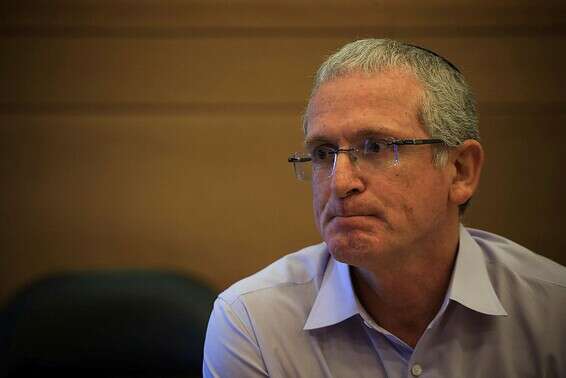
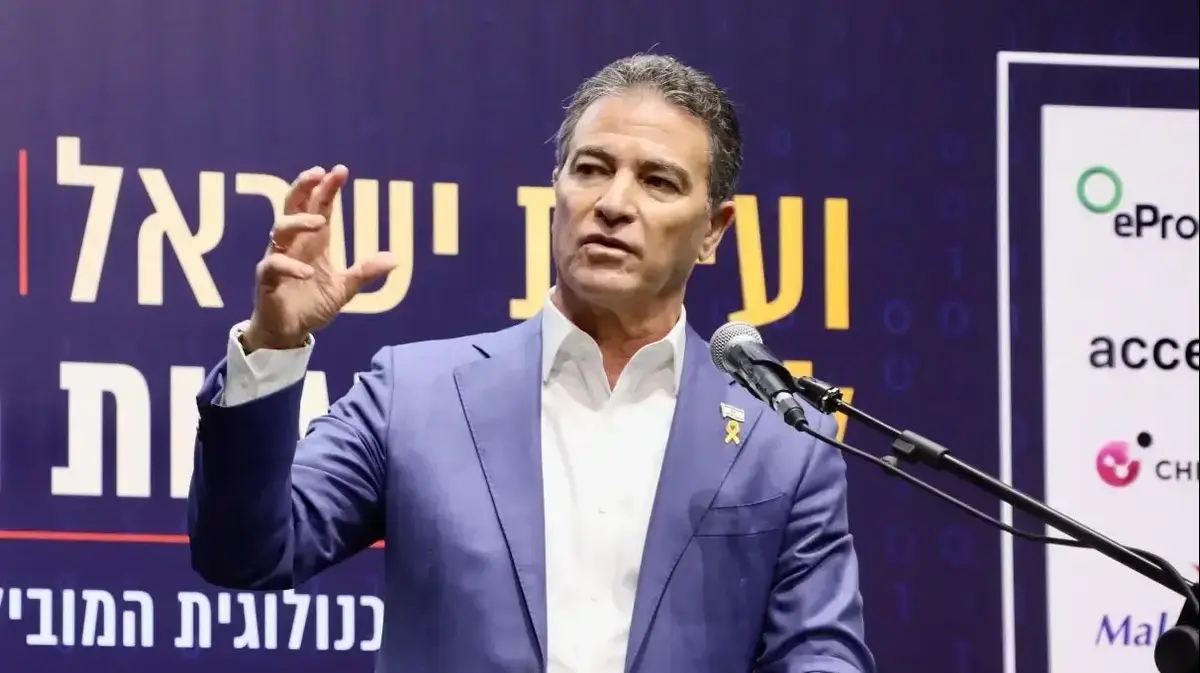

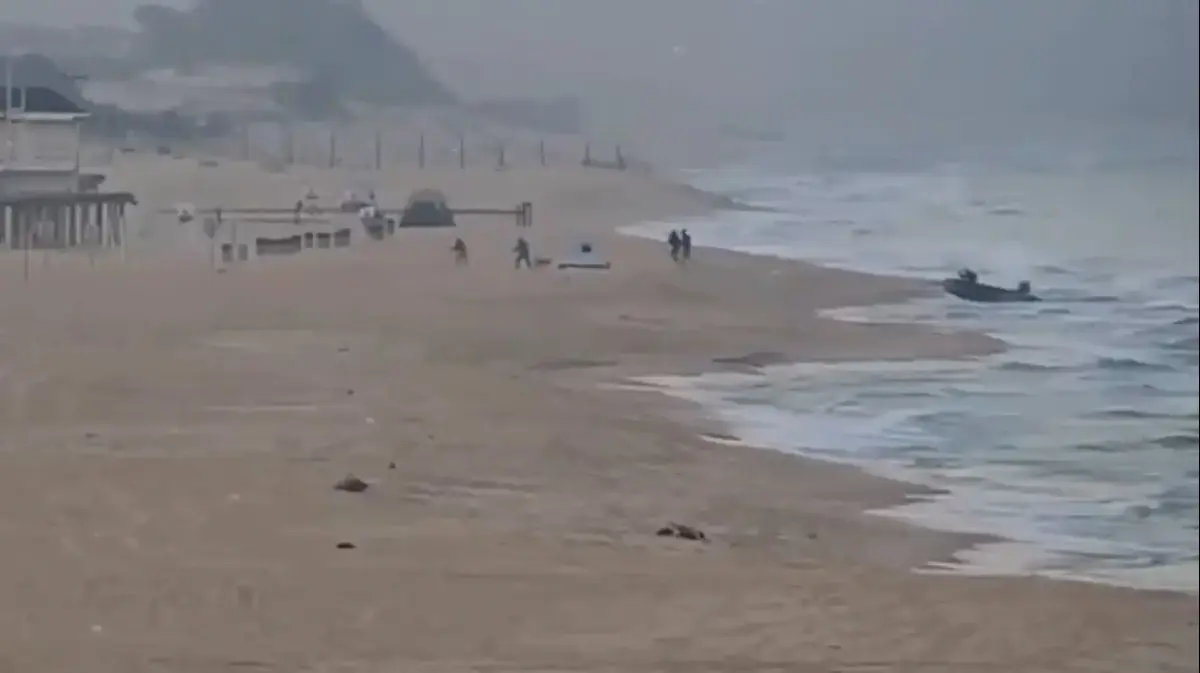
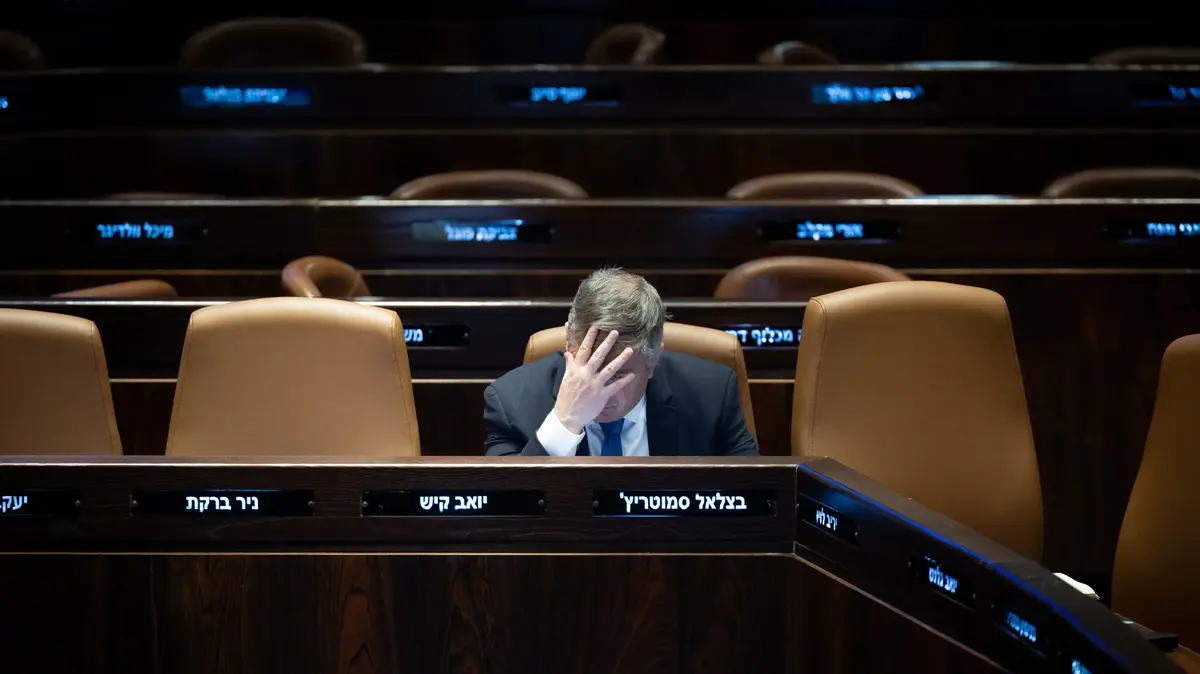
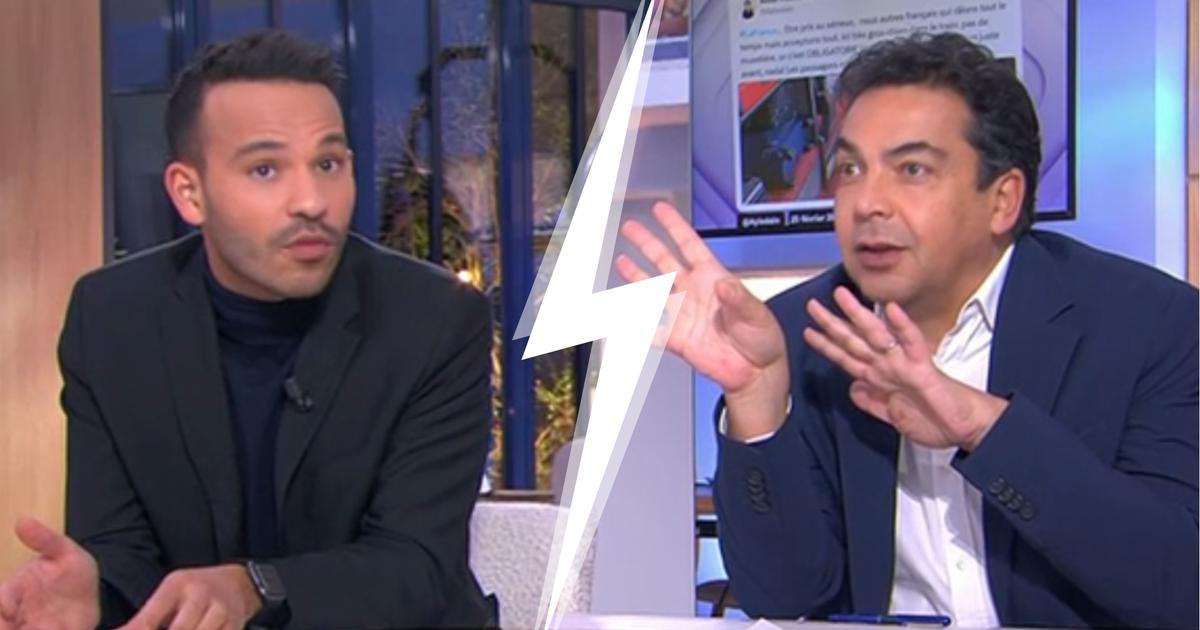

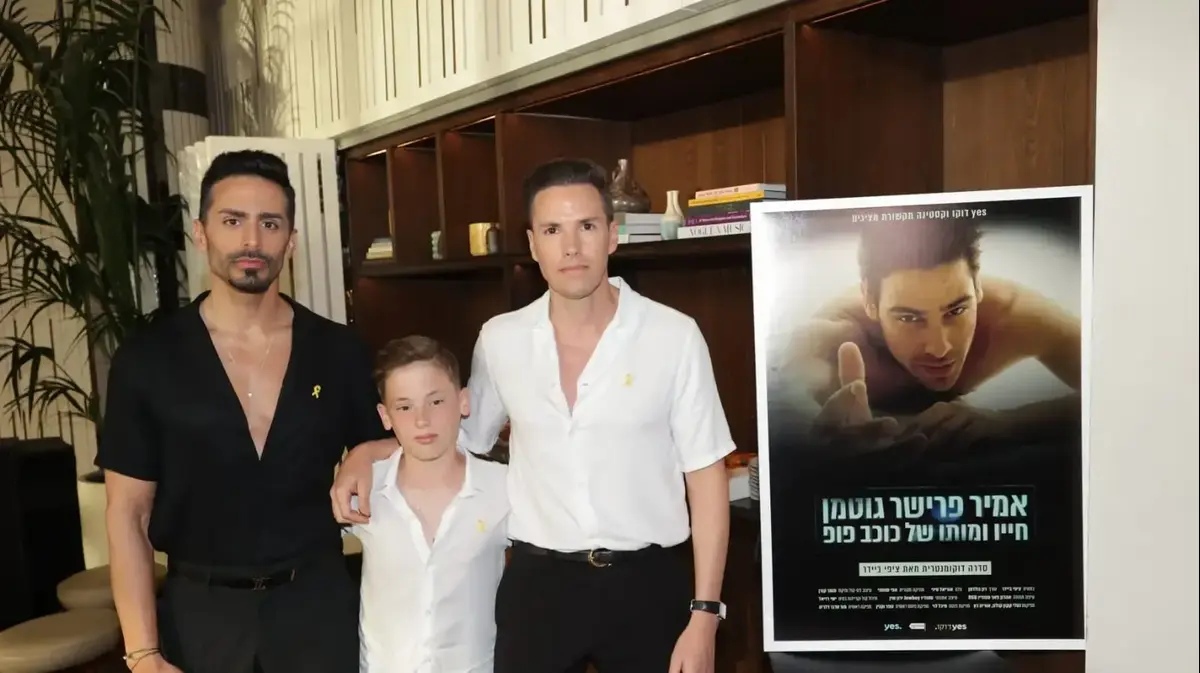
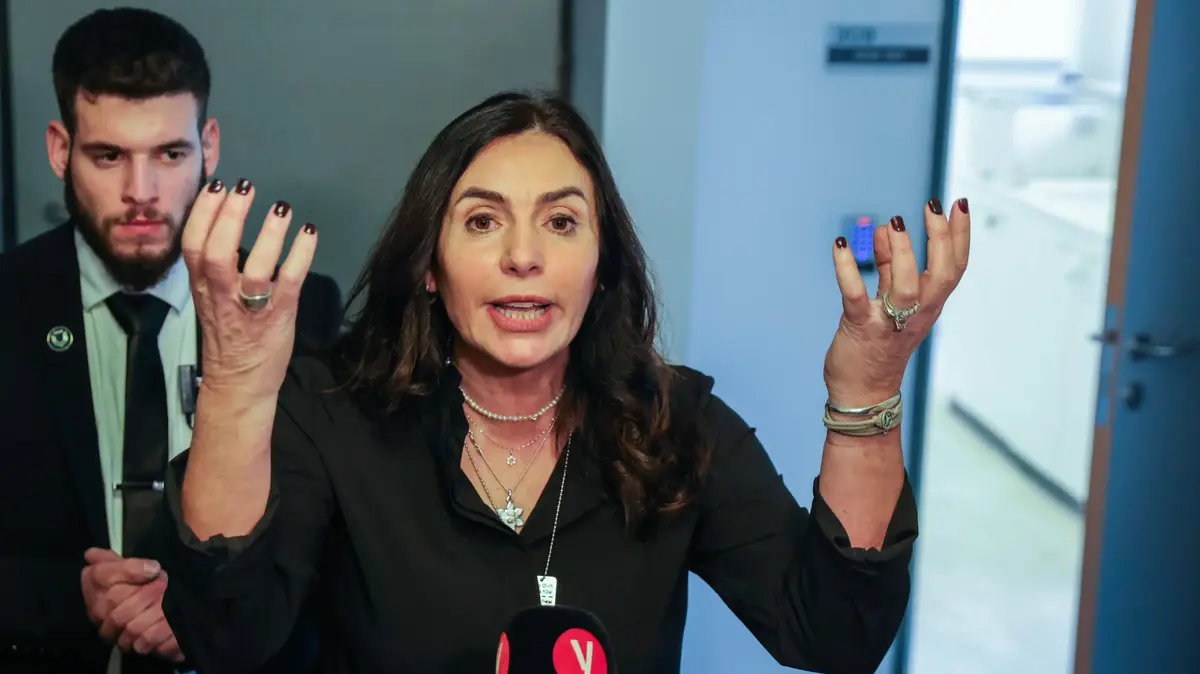



/cloudfront-eu-central-1.images.arcpublishing.com/prisa/KMEYMJKESBAZBE4MRBAM4TGHIQ.jpg)

